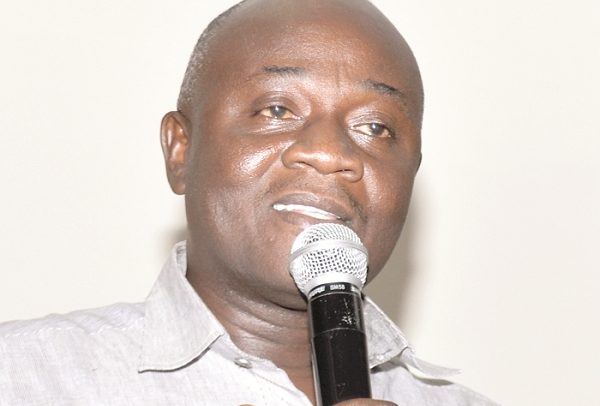The Effects of Presiding Member Elections on the Assembly Concept
A look at the current trend paints a gloomy picture for the smooth running of the Assemblies.
- Advertisement -
Section 17, sub-section (1) of the Local Government Act 2016 (Act 936) states that there shall be a presiding member of each District Assembly who shall be elected by the members of the District Assembly from among their members.
The prevalence of nepotism and political expediency is hampering the smooth functioning of the assembly system in the country.
- Advertisement -
A look at the current trend paints a gloomy picture for the smooth running of the Assemblies.
The election of the Presiding Members at the various Assemblies has taken a partisan course with factionism becoming the order of the day.
- Advertisement -
An interesting feature which cannot be thrown under the carpet during presiding members elections is the assertion ”He is for the course and is one of our own”. Members who are believed to be affiliated to one political party, blatantly refuse to vote for a candidate if they realize he is from the ”opposition camp”, thereby neglecting the principle of neutrality which must be exercised at the assembly level. All this is done at the expense of the development of the people.
In Ghana, the Local Governance Act, 936 of 2016 seeks to achieve autonomy of District Assemblies through non-partisan Assembly system.
This can be found in the mode of seeking elections into the Assembly which is enshrined in the Local Government Act 2016 (Act 936)
According to the act, the mode of seeking election to the District Assembly as provided in section 8 are as follows:
- Advertisement -
(1) A candidate seeking elections to a district assembly or to a lower government shall present himself/herself before the electorate as an individual and shall not use a symbol associated with a political party.
(2) A political party shall not endorse, sponsor, offer a platform to, or in any other way campaign for or against a candidate seeking election to a District Assembly or or to a lower Local Government unit.
(3) a candidate who contravenes sub-section (1) commits an offense and on conviction the electoral commission shall cancel the nomination of that candidate.
(4) A political party which contravenes sub-section (2) commits an offense and is liable on conviction to a fine not exceeding two hundred and fifty penalty units.
The questions we need to answer as a country;
(1) Are these provisions working?
(2) Can the District Assembly system be labelled as a non-partisan system with the current trend of factionism in all local level elections?
Your guess is as good as mine.
We need to embrace development other than engaging in partisan politics at the Assembly Level.
Members of the Assembly must realize that they represent the people and not a group in their electoral areas and must ensure that they work for the betterment of the communities and people they represent.
I am therefore entreating all stakeholders to help in forestalling these challenges in the Local Government System to ensure neutrality and development.
Prince Owusu Peprah
Aflao- Ketu South Mun.
Volta Region.
- Advertisement -


